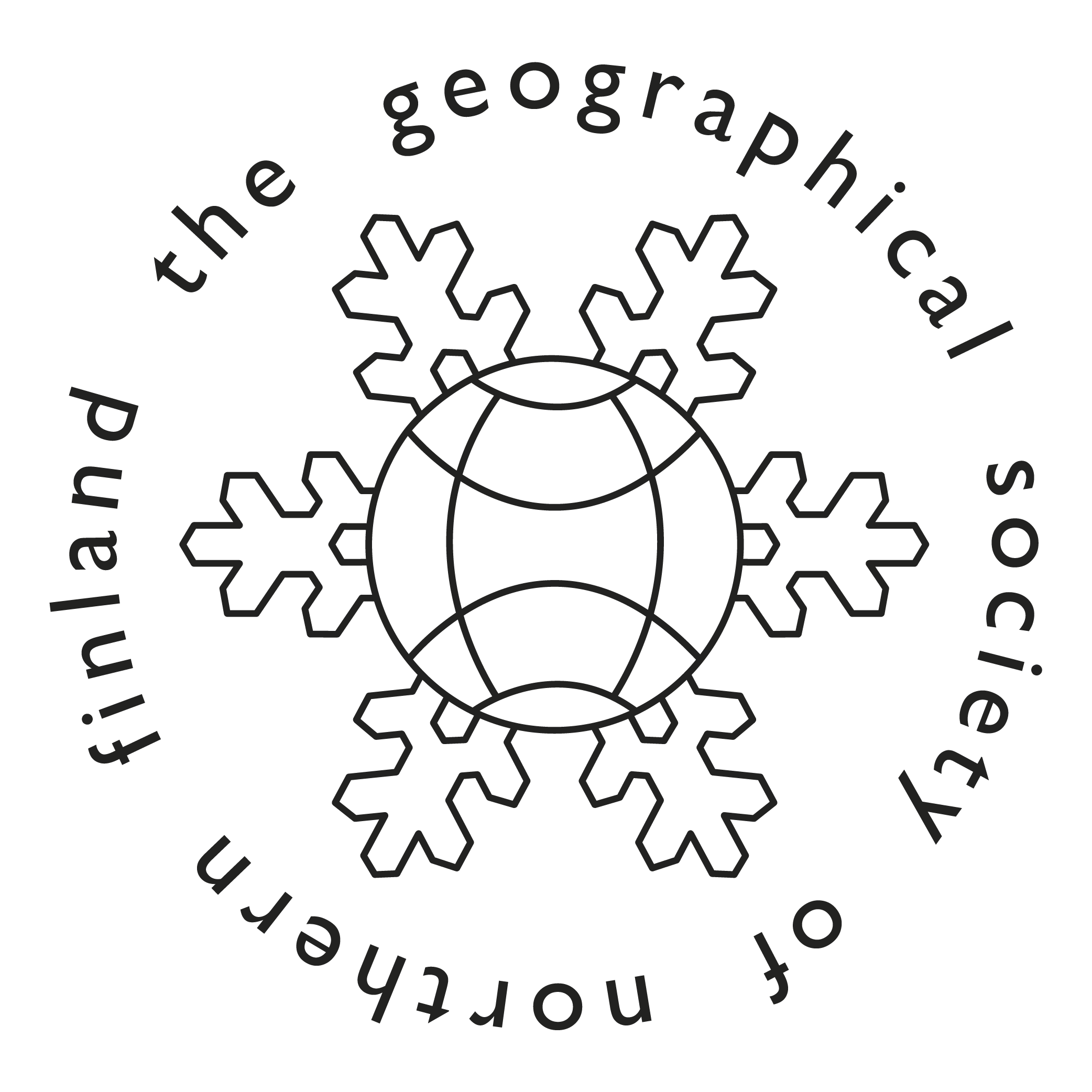For the overall good of society: decision-making processes for energy projects in Finland
Abstract
Finnish decision making processes have evoked admiration abroad as they produce seemingly consensual decisions on highly contested energy projects, such as new nuclear power plants. This article explores an issue that has received little attention in the past, but will become a more pressing issue with increasing numbers of assessments in resource-rich or strategically well-located communities. In particular, the impact of planning itself is in focus here, and the article argues for a greater understanding of how planning can have adverse impacts on communities, especially in the case of repeated planning processes. In addition, the article discusses the implications of vague objectives of procedures as they can often produce frustration and a participation fatigue among residents, thus entailing the opposite of the intended effects of planning for large-scale projects. In combination with highly idealised procedural conduct, there remains little opportunity to make use of the new democratic spaces of participatory planning and assessment processes.






